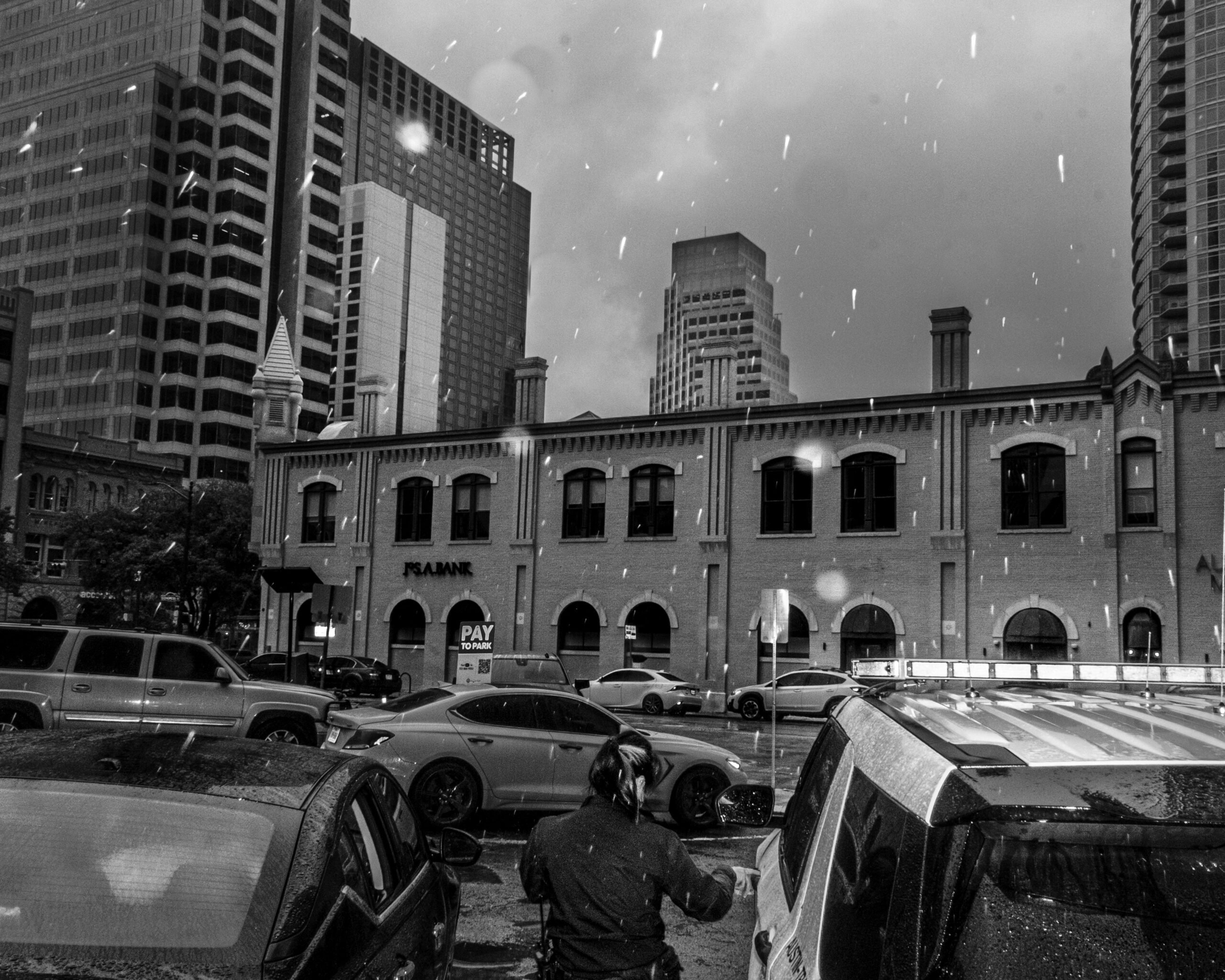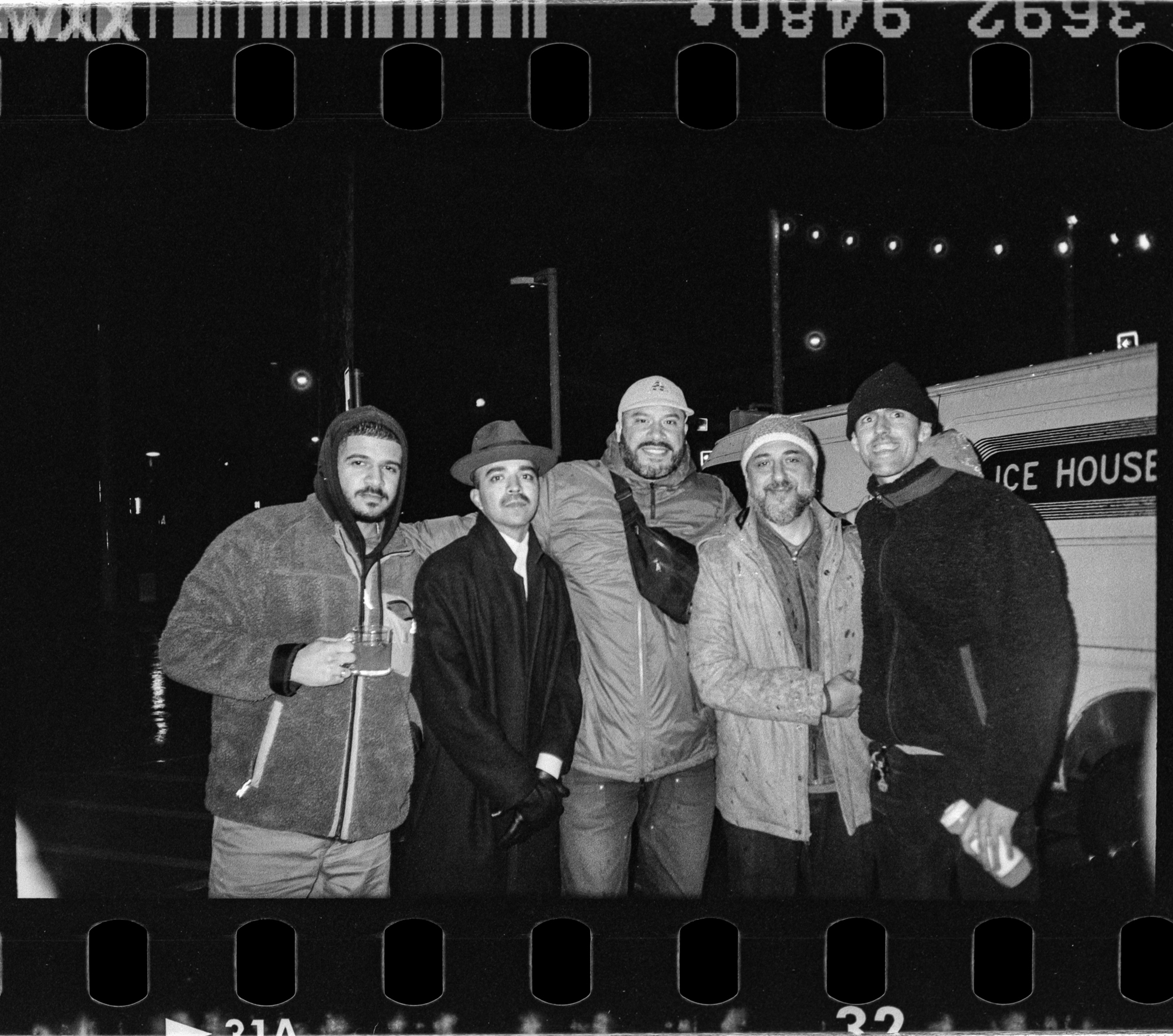 McAllen Mayor Javier Villalobos during the McAllen City Commission’s meeting on Tuesday, Dec. 9, 2024. (Courtesy photo)
McAllen Mayor Javier Villalobos during the McAllen City Commission’s meeting on Tuesday, Dec. 9, 2024. (Courtesy photo)McAllen city leaders gave their unanimous approval to a sweeping overhaul of land use and development regulations.
The approval of the city’s “Unified Development Code,” or UDC, came during a McAllen City Commission meeting on Monday.
“I know it’s been a long process and we’re here,” McAllen Mayor Javier Villalobos said before the vote.
Once the vote passed, with all members of the commission voting in favor, Villalobos said, “I think that was a long time coming.”
“Yes, sir, it was. And it feels great!” Edgar Garcia, the city’s planning director, replied.
The UDC is something that the city and Garcia have been working on for the better part of three years as McAllen has worked toward modernizing what its planning goals will be over the next decades.
As Garcia said during previous public meetings, the UDC was born out of a program called “Envision McAllen 2040,” which city leaders approved in April 2023.
Envision McAllen is a master plan that will serve to guide the city’s residential, business, quality of life and economic development through the year 2040.
As part of the Envision McAllen process, officials spent months seeking input on what the public wants to see in the city’s future.
 The McAllen City Commission before the start of a regular meeting on Tuesday, Dec. 9, 2024. (Courtesy photo)
The McAllen City Commission before the start of a regular meeting on Tuesday, Dec. 9, 2024. (Courtesy photo)Among common refrains were requests for investments in quality-of-life amenities, such as public parks, pedestrian-friendly infrastructure and more developer-friendly ordinances.
Another common wish was for McAllen to include more one-stop living, often referred to by urban planners as a “15-minute city” wherein residents can find living, working and recreational accommodations in close proximity to each other.
To that end, about 18 months ago, the city’s planning department began working on a new set of land use and development regulations that could encapsulate the evolving needs of modern development.
The UDC represents just the third evolution of land use and development ordinances in McAllen’s history.
The 400-page code turns land use classification on its head.
For instance, instead of zoning land based on what its use will be, the UDC shifts those classifications more toward population density considerations.
The UDC will still contain zones that differentiate between residential, commercial and industrial use, but the newer classifications will give developers more flexibility in what they can build.
For instance, two completely new types of zones will allow for mixed use — the kinds where retail spaces and residential ones can be built together in multi-story buildings.
The UDC also spells out new changes for what single-family homeowners can do with their properties, will reduce parking space minimums, and change how roads will be constructed to better accommodate pedestrians and cyclists, and more.
 Edgar Garcia, the city’s planning director, during the McAllen City Commission’s meeting on Tuesday, Dec. 9, 2024. (Courtesy photo)
Edgar Garcia, the city’s planning director, during the McAllen City Commission’s meeting on Tuesday, Dec. 9, 2024. (Courtesy photo)“I do believe that this is a great code that will put McAllen at the forefront of urban planning here in the Rio Grande Valley,” Garcia said during Monday’s meeting.
McAllen now joins the cities of Brownsville and Edinburg in passing a unified development code.
But not everyone was as enthusiastic about the UDC.
The city’s two previous planning directors both shared concerns about the code’s potential for negative impacts.
Both Michael J. Blum, who was McAllen’s first ever planning director, and Julianne “Juli” R. Rankin, who succeeded Blum until her retirement in 2019, figured prominently at nearly every public meeting or town hall McAllen officials held to publicize the UDC and seek input from residents.
The pair also formally submitted a letter reiterating their concerns.
“The current draft contains approaches to development that stem from national trends, which may not open-endedly be a good fit for an established and growing community,” the pair wrote in their letter, dated Oct. 31.
Their concerns boiled down to a few key issues: that the more lax land use permissions enshrined in the UDC will have unintended consequences, and that those consequences will change the “character” of certain parts of the city against existing residents’ wishes.
In particular, the pair fear that portions of the code that will allow greater freedoms in constructing so-called “mother-in-law units,” or accessory dwelling units, as part of lots meant for single-family homes will effectively eliminate single-family zoning.
Other parts of the code will make it easier for residents to operate small businesses out of their homes.
“(T)he UDC will likely generate neighborhood problems, enforcement issues, and an added burden on municipal court complaints,” the letter states.
But for others, including some of the city’s youngest adults, the UDC represents a reason for hope and excitement.
 Ethan Rodriguez speaks during the public hearing portion at the McAllen City Commission’s meeting on Tuesday, Dec. 9, 2024. (Courtesy photo)
Ethan Rodriguez speaks during the public hearing portion at the McAllen City Commission’s meeting on Tuesday, Dec. 9, 2024. (Courtesy photo)“I think it’s a really intelligently made code, and I’m really excited to see how it moves McAllen forward with better pedestrian corridors and walkability and safer areas for cyclists,” Ethan Rodriguez, a student at UTRGV, said during a public hearing.
The college student was so excited about the new code, which he said he has read in its entirety, that he brought other young people with him to comment at Monday’s meeting.
“I’m absolutely in favor of the UDC,” another young man, Diego Gutierrez, said.
Like Rodriguez, Gutierrez said he’s read the code cover to cover.
 Diego Gutierrez speaks during the public hearing portion at the McAllen City Commission’s meeting on Tuesday, Dec. 9, 2024. (Courtesy photo)
Diego Gutierrez speaks during the public hearing portion at the McAllen City Commission’s meeting on Tuesday, Dec. 9, 2024. (Courtesy photo)“I agree, it’s an absolutely beautiful plan in many aspects, but mainly, in the sense that it almost ensures a more beautiful McAllen, a more vibrant McAllen, and a more economically active McAllen,” Gutierrez said.
“I’ve been around Texas and I’ve seen how these kinds of changes can really impact a community,” he said.
The legislation will undergo a six-month “break-in period” to allow pending developments to be completed, and for developers to get their feet underneath them as they approach new projects under the new code.
Further, starting in March or April, staff will begin the process of rezoning the entire city.
The post McAllen approves sweeping overhaul of land use regulations appeared first on MyRGV.com.
 (2).png)
 1 month ago
78
1 month ago
78








 English (US)
English (US)